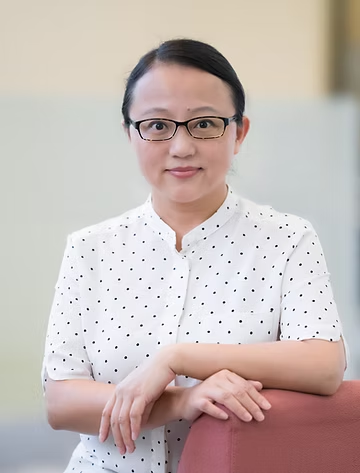Leadership & Core Team
Director

Dr. Dong Dong
Director
Dr. Dong Dong is an Assistant Professor at The Chinese University of Hong Kong. She leads the Real-world Data Laboratory in the Shenzhen Research Institute, CUHK.
Read Full Biography
Dr. Elena Nichini
Postdoctoral Fellow
Dr. Elena Nichini holds a PhD in anthropology from the Chinese University of Hong Kong (CUHK). She is currently a Postdoctoral Fellow at the JC School of Public Health and Primary Care, CUHK.

Dr. Saba Asim
PhD Candidate
Dr. Saba Asim is a medical doctor and PhD candidate in Public Health at The Chinese University of Hong Kong. Her research focuses on the healthcare experiences and challenges faced by ethnically and culturally diverse communities in Hong Kong.